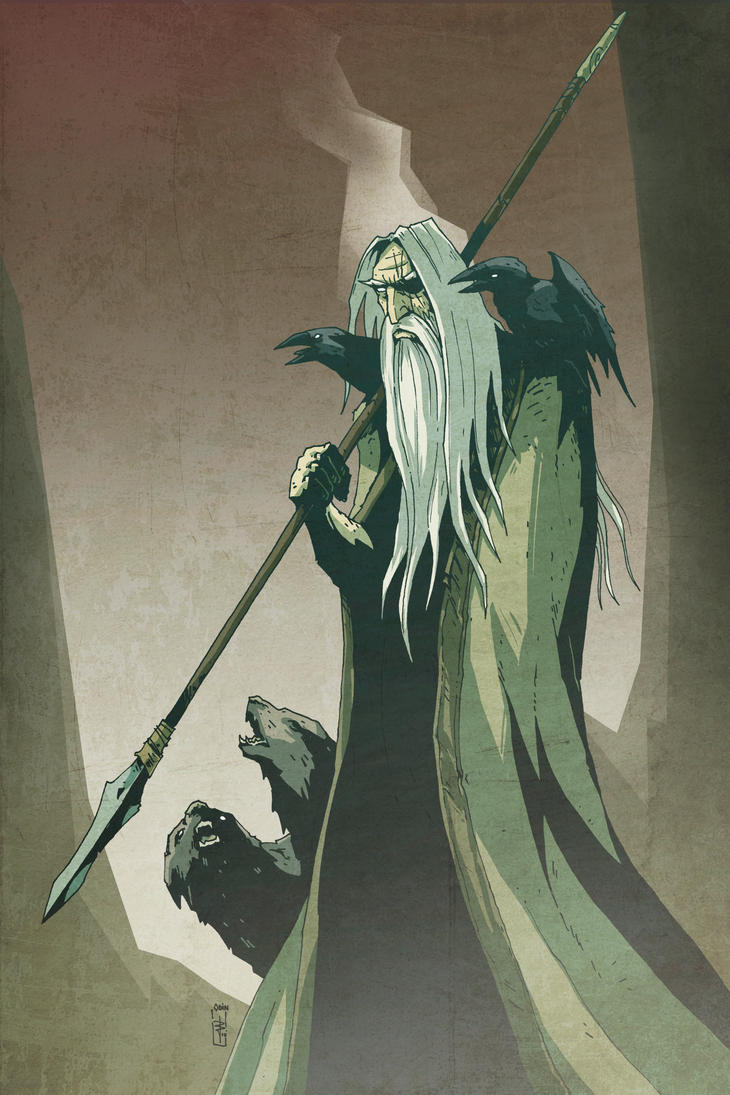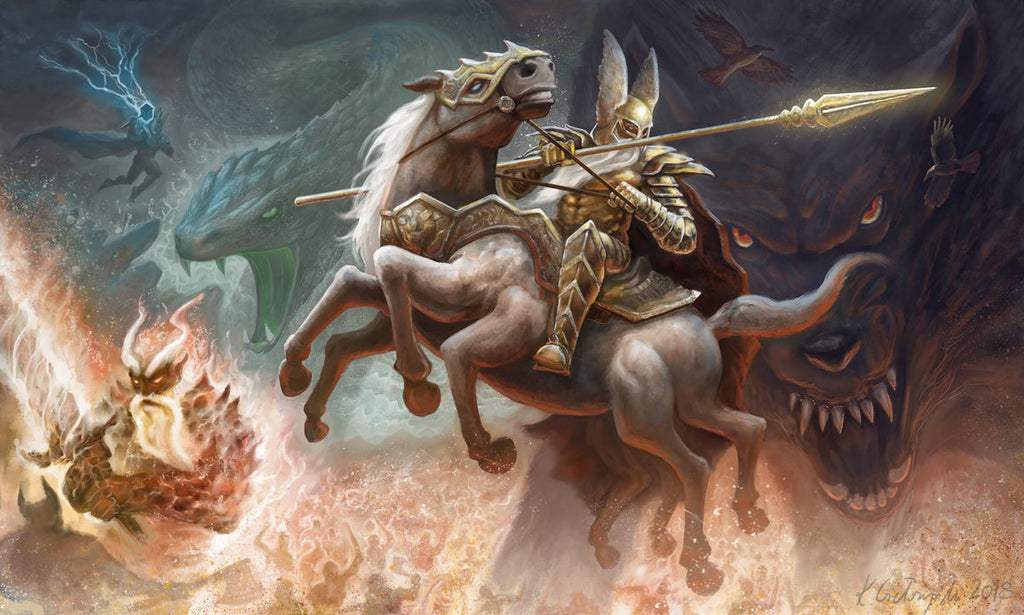Lessons That We Can Learn From Odin
Odin the Allfather was one of the most influential figures in both Norse mythology and the modern times. In the myth, Odin was the Father of All whom the Norsemen respected and worshipped. But that was the story of the myth, what can we learn from the legendary figure Odin in this day and age? Indeed, there are lessons that we can extract from the myth.
Overview about Odin the Allfather
Odin was the third generation after the Creation of the Cosmos. He was the son of a giant and a god. Odin later became the Aesir chief god and also the God of war, god of wisdom, and the raven god. Odin fathered many mighty gods such as Thor, Baldur, Heimdal, etc. Odin became the god of war that the Vikings worshipped. They believed that Odin would host them in his Valhalla as long as they had sacrificed their lives to the battle.
Lessons from Odin
Yes, Odin left us many lessons that we need to ruminate over it to realize what he wanted us to see. He would never straightaway tell us, rather, he would make us think about his actions, his stories, and his achievement to acknowledge.

Odin the Allfather
Wisdom requires sacrifice and effort.
Barely anything in this cosmos would charge us no fee, let alone wisdom the most valuable things in the cosmos. Odin sacrificed one of his eye trading with Mimir only to get a drink of the Holy Water. He gave up part of his external wisdom (eye) for the internal wisdom (knowledge). Odin even physically sacrificed himself to get the ability to decipher runes: stabbing himself with his Gungnir spear and hanging on the Yggdrasil for nine days and nine nights. Odin, the Aesir chief god presiding over Asgard respected and admired by many, still had to make effort and sacrifice to get what he wanted, let alone the small entities in the cosmos like us.
Whether you pay your tuition fee, spend your free time studying, or suffer days and nights to pass the exam, etc, you are making sacrifice and effort to achieve something greater. Nothing we venture these days can compare with what Odin sacrificed in the myth (his eye and his body). Overall, the acquisition of wisdom and knowledge has its own price.
Learning is a lifelong process
I was about to say "Learning is a non-stop process" but actually it will end when we die, won't it? So it would be better if we say Learning is a lifelong process. It starts with your first cry until your last breath. You never stop learning in your life whether you realize to grab the chance to better yourself or not. But Odin did realize his chance and he just kept improved himself every day.
Reading Norse mythology, we might wonder why Odin must have so many things that would keep him updated? He got the High Throne in his palace to observe the whole cosmos. He had a pair of ravens flying the Nine Worlds and returning to whisper into his ears what they had seen. Odin drank the holy water that provided him with the infinite fountain of knowledge, and he was the first to be able to read runes, the magical letters that carried the destiny of any creatures. And what Odin usually did? He still took up the life of a wanderer traveling the cosmos and learn things. We don't know the "things" that Odin learned. We just know that he never quit learning even if he was omniscient.
In this day and age, we do not have magical things like Odin once had, intelligent ravens, High Throne, magical runes, etc. But we have friends, colleagues, computers, smartphones. Many things are ready to provide us with a wonderful source of information and knowledge as long as we want. We should never quit learning under any circumstances.
Wisdom comes in many forms
Good thing is that wisdom is not only in books. Rather, it can come from any source and from any form. This was attested by the stories of Odin. From the magical runes to the Mead of Poetry, there were many forms of knowledge that Odin learned.
The same things have happened to us by far. We can have knowledge and better our wisdom through many sources because "wisdom comes in many forms". Things we observe coincidentally on street can be our knowledge. Things we unintentionally hear from the conversation on bus can also be our knowledge. It depends on whether we are willing to grab the chance and turn it into our own knowledge or not. But wisdom is omnipresent.





Excellent material. Always follow All Father’s example.